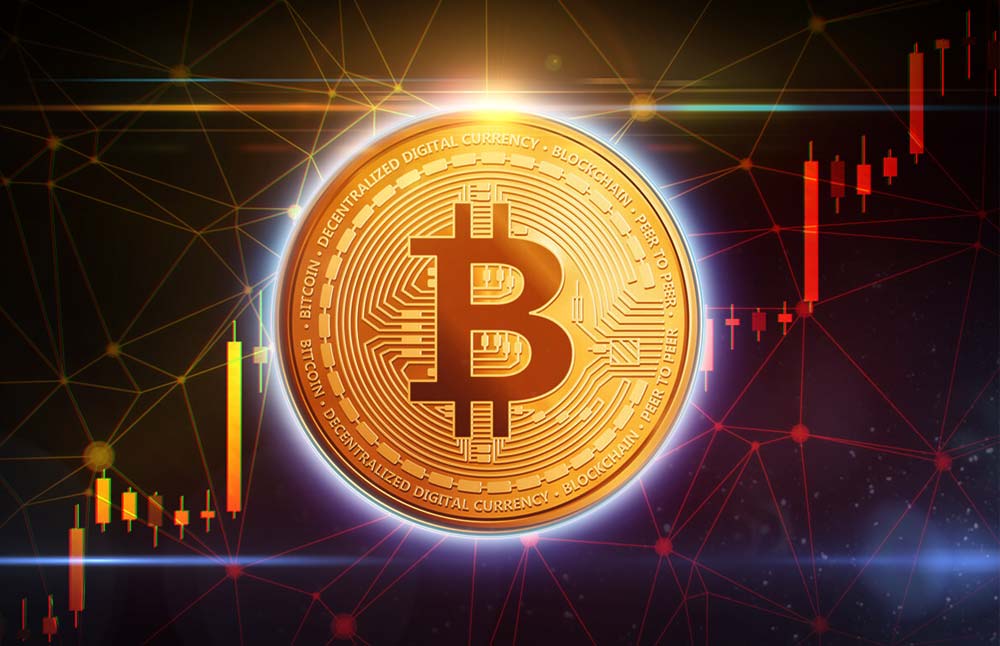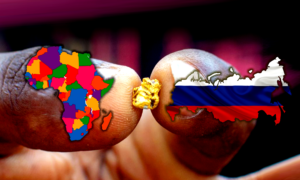Bitcoin’s 5% Problem: Why Most People Still Don’t Own Crypto—And What That Means for Its Future


In This Article:
Benzinga and Yahoo Finance LLC may earn commission or revenue on some items through the links below.
A simple question posted on Reddit recently sparked one of the most revealing debates about Bitcoin’s future: “If only 5% of the population owns BTC, what is the use case?” The post, which garnered hundreds of responses, exposed a fundamental tension that’s been brewing in the crypto space for years.
The original poster laid out the problem starkly: “So, if 19 million bitcoin are presently ‘minted’ and only 4% of the population are holders… What good is a ‘currency’ that only 5% of the population owns???”
It’s a fair question that cuts to the heart of Bitcoin’s identity crisis—and the answer reveals why Bitcoin might be succeeding precisely because it’s failing as a traditional currency.
Don’t Miss:
-
Trade crypto futures on Plus500 with up to $200 in bonuses — no wallets, just price speculation and free paper trading to practice different strategies.
-
Grow your IRA or 401(k) with Crypto – unlock the power of alternative investments including a Crypto IRA within your retirement account.
The Great Bitcoin Identity Crisis
The debate immediately split into two camps, each with a fundamentally different vision of what Bitcoin should be.
The “Electronic Cash” Purists point to Satoshi Nakamoto’s original white paper, titled “Bitcoin: A Peer-to-Peer Electronic Cash System.” As one commenter put it: “Bitcoin is explicitly designed to function as peer-to-peer electronic cash. That’s literally the title.”
The “Digital Gold” Advocates argue that Bitcoin has evolved beyond its original purpose. “Bitcoin is NOT a currency,” wrote one user. “It is not designed to be used as a payment vehicle… It is designed to be a safe harbor for your money while your government ruins your fiat.”
This isn’t just an academic debate—it reveals a profound shift in how Bitcoin is being positioned and used in the real world.
The Gold Standard Comparison
The most compelling counterargument to the “5% problem” comes from an unexpected source: precious metals.
“What percentage of the population owns gold?” multiple commenters asked. The comparison is illuminating. Gold isn’t widely used for daily transactions, yet it maintains value as a store of wealth. Similarly, Bitcoin supporters argue that widespread ownership isn’t necessary for utility.
“I don’t own gold so that I can take it to Walmart to buy a TV,” one user explained. “I own gold because its supply cannot be inflated like fiat currency, therefore its value will increase.”









